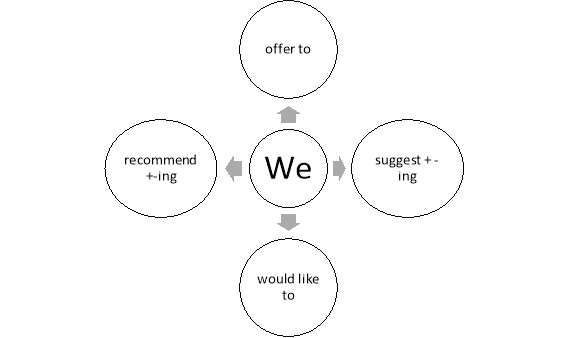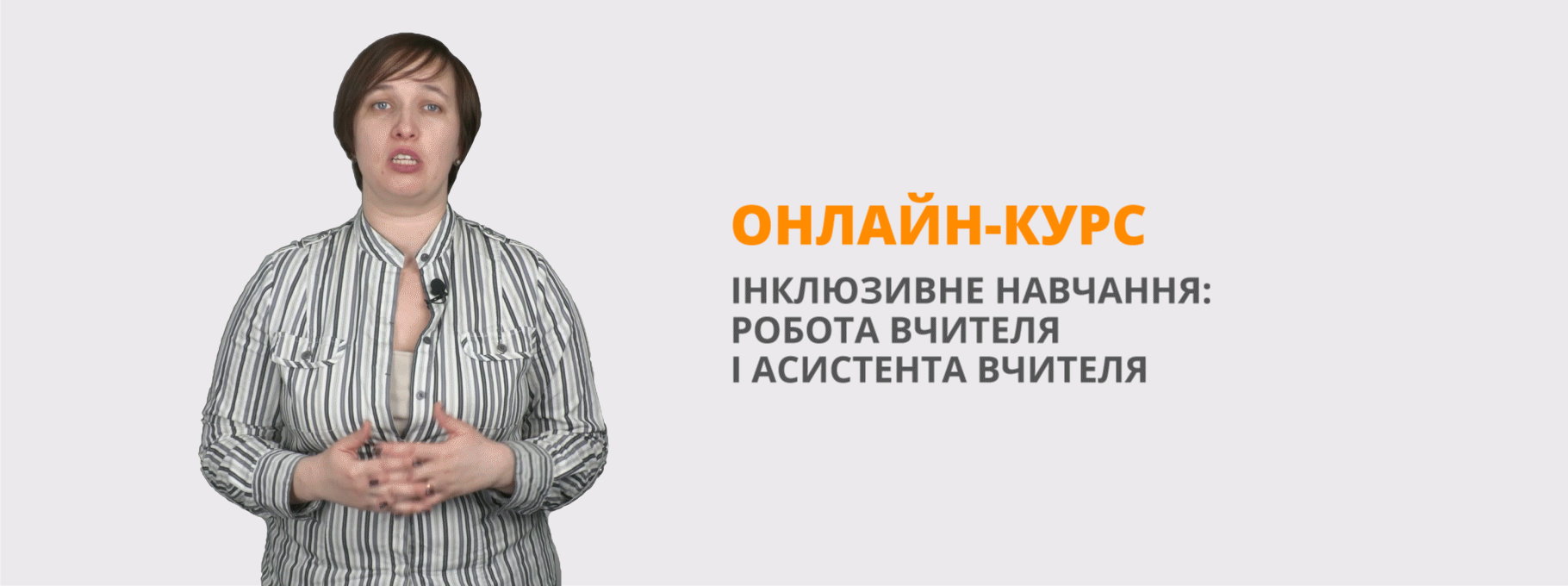Урок "Участь молоді в соціальних проектах" (11 клас) Карпюк О. Д.
Урок за темою "Участь молоді у соціальних проектах" (узагальнюючий) має на меті формувати навички аудіювання, читання, говоріння та письма на матеріалах актуальної теми для підлітків, де вони самі можуть запропонувати варіанти вирішення таких проблем, як порушення закону, охорона навколишнього середовища, соціально незахищені категорії населення.
Міністерство освіти і науки України
Олександрівський професійний аграрний ліцей
План-конспект відкритого заняття
з англійської мови
за темою «Участь молоді в соціальних проектах»
Викладач: Честа Наталія Олексіївна
2019 рік
Група: 33
Урок №: 15
Дата: 23. 01. 2019 рік
Тема: Участь молоді в соціальних проектах.
Мета:
освітня – залучити учнів до відпрацювання комунікативних навичок, протиставлення двох граматичних явищ (Infinitive/ Gerund) та аналізу соціального життя молоді в Україні та Британії;
розвиваюча – підсилювати усвідомлення невербальних засобів спілкування за допомогою перегляду відеофільму, розвивати загально-навчальні навички (нотування, узагальнення, аналіз), навички сприйняття на слух (мовленнєву здогадку, розпізнавання конкретної інформації), навички оглядового читання та читання з повним розумінням змісту прочитаного, навички усного та письмового висловлювання (грамотність, темп мовлення, вимова);
виховна – виховувати соціально-свідому особистість з активною громадянською позицією, підсилювати інтерес до культури країни, мову якої вивчають учні.
Тип уроку: узагальнення та систематизація знань, умінь та навичок
Міжпредметна інтеграція: людина і світ, соціологія, правознавство.
Наскрізні змістовні лінії: «Громадянська відповідальність», «Здоров’я і безпека», «Підприємливість і фінансова грамотність», «Екологічна безпека і сталий розвиток»
Методичне забезпечення:
наочність: навчальна презентація, відеофільм;
роздатковий матеріал: презентація (Додаток 1), завдання до опрацювання відеоматеріалу (Tim Falla, Paul A Davies «Solutions. Upper–Intermediate Level») (Додаток 2), підручник О. Д. Карп’юк «English» 11 клас, інформативний матеріал (Tim Falla, Paul A Davies «Solutions. Upper–Intermediate Level») (Додаток 3) , словники.
Структура заняття
І. Початок уроку
1. Привітання
T: Good afternoon, ladies and gentlemen. I am glad to see you in the classroom.
Ps: Good afternoon!
2. Організаційний момент
T: Who is absent today?
P1: Everybody is present.
3. Цілепокладання
T: Look at the board, please, and tell me what topic have we been discussing during the last lessons? (Додаток 1, слайд 1)
P2: We have been discussing the life of youth.
T: What points exactly?
P3: We have already discussed emotional intelligence, healthy lifestyle, subculture and some youth organizations.
T: Well, read the quotation and tell what you think we are going to talk about today? (Додаток 1, слайд 2)
P4: “We have a powerful potential in our youth, and we must have the courage to change old ideas and practices so that we may direct their power toward good ends.” Mary McLeod Bethune
T: So, what do you think we are going to discuss?
P6: How young people can get involved into social projects.
P7: How we can find useful activities.
T: You are right. What do we need to know and be able to do for it?
P8: In my opinion, we should know the words and grammar.
P9: We should be able to read quickly and find the necessary information.
P10: To my mind, we should suggest our own ideas.
T: Of course, and at the end of the lesson we will combine the information we have seen and read, analyze it and find out our own solutions to the problem of youth social life.
ІІ. Основна частина
- Pre-watching task/ Постановка завдання перед переглядом відеофрагменту
We are going to watch a video about the UK Youth Parliament – the organization of young people which deals with social improvements of their region. Please, look through the questions you are to answer before watching. You can make notes while watching. (Додаток 2)
- Watching the video/ Перегляд відеофрагменту
- After-watching task/ Завдання на розуміння змісту переглянутого
a) Answer the questions:
1) What does MP stand for? (Member of Parliament)
2) Where do British MPs usually meet? (at the Houses of Parliament)
3) Who is the head of the UK government? (the Prime Minister)
4) Who do people vote for in the UK Youth Parliament elections? (members of the Youth Parliament)
5) When did the Oxfordshire Youth Parliament elections take place? (on the 12th of February)
6) What did Diko use to help her with her campaign? (Facebook)
7) The video gives three examples of important issues for young people: education, public transport, what else? (health service, housing, tackling crime)
8) Who is John Howell? (the local MP)
b) Watch the video again. Complete the sentences with the numbers below:
|
3, 5, 11, 16, 17, 18, 35, 600 |
- People in the UK vote for a new government once every ___years. (5)
- You have to be ___years old to vote in a UK election. (18)
- About ___% of people didn’t vote in the 2010 general election. (35)
- If you are ____ you have to pay tax if you have a job, but you can’t vote. (16)
- There are more than ____MYPs in the UK. (600)
- You can become a member of the UK Youth Parliament at __years old. (11)
- There were ___candidates in this year’s Oxfordshire Youth Parliament elections. (17)
- ___of the Oxfordshire MYP candidates were elected to join the UK Youth Parliament.
- Pre-reading task/ Постановка завдання перед читанням тексту
T: We have seen and discussed one of the possible variants of taking part in social life. But what do the resent researches show us? You will know if you read the article. Before skimming reading look through task 3. The task says to catch the general idea of the text. (Додаток 3)
- Skimming reading/ Оглядове читання
T: So what is the main idea of the article?
P1: It is variant a. The government needs to provide more money so that teenagers are less bored and more involved in their communities.
T: Yes, you are absolutely right.
- Scanning reading/ Читання з повним розумінням змісту прочитаного
T: Now you should read the text again. But be more careful this time and try to fill in the gaps with the appropriate sentences from exercise 4.
- After-reading task/ Завдання на перевірку розуміння змісту прочитаного
T: Let us check if you understood all the details of the text. What’s missing in the first gap?
P2: G. Recommendations include a “youth hub” in every community to tackle anti-social behaviour and crime.
T: Right. What’s number 2?
P3: C. For example, youth-on-youth violence and anti-social behaviour among teenagers is rising.
T: Correct. What is number 3?
P4: H. They said to give young people more of stake in communities and give them more opportunities.
T: Well! What about number 4?
P5: A. These experiences, near to their homes, have left young people fearful for their own safety.
T: Good for you! And what is number 6?
P6: D. On average, we spend 17 p for each young person a day on youth services – and this has to change.
T: Nice. Thank you for your answers! Now tell me, please, what these numbers stand for?
a)16,000
P7: The number of British teenagers who were consulted.
T: Yes. b) 12 %?
P8: The number of young people who belong to a gang.
T: Right you are. c) 62 %?
P9: Teenagers who didn’t know where to go to ask for help.
T: Well done. d) £ 13 billion?
P10: Youth crime costs for the government.
T: All right. e) £ 1.6 billion?
P11: This sum is spent by the government on the positive prevention of youth crime.
T: I agree. f) £ 35 000?
P12: It costs £35 000 to put a young person into a detention centre for a year.
T: Great job, students!
- Pre-speaking task/ Актуалізація знань
Now we should give some advice for the government how to improve the lives of youth in Ukraine, and in Oleksandrivka especially. But it would be unfair to expect some actions only from the government. We should also suggest some help. Due to this, we’d better divide into two groups. The first group will give some recommendations for the Ukrainian government. The second one will suggest some help from you. For doing this task grammatically correct we should revise the verb patterns with the infinitive and the gerund. Open your books at page 176. Do you remember this rule? Now look at the screen. (Додаток 1, слайд 3)

Which verb form should be used after “offer”?
P12: The infinitive.
T: Well. What should be used after “would like”?
P1: The infinitive also.
T: Right. And what should be used after “recommend” and “suggest”?
P2: Here the gerund should be used.
T: Correct. Thank you.
- Speaking/ Власне висловлювання учнів
So, you have 5 minutes to brainstorm your ideas in groups and be ready to present them in class. At the end of your speaking we’ll complete the table.
|
What should the government do? |
What can the youth suggest? |
|
|
ІІІ. Заключна частина
- Self-check/ Рефлексія
T: We have done a lot of work today. Let’s check your progress according to this table (Додаток 1, слайд 4)
|
After this lesson I…
|
||
|
can |
need more practice |
didn’t understand |
|
|
|
|
P1: After this lesson I can read for detail large texts, but I need more practice in speaking.
P2: After this lesson I can use the verb patterns with the infinitive and the gerund in my speech. I can also give advice and suggest solutions to problems.
T: Glad for you! You all see where you need more practice and what you can do well.
- Setting homework/ Постановка домашнього завдання
T: Your home task is to write a problem solution essay on the following topic “Nowadays, teenagers often behave anti-socially. What are the reasons and solutions of this problem?” Use your notes from class!
- Ending/ Прощання
T: Good bye! I want to see you ready with your essays for the next lesson.
Ps: Good bye!


про публікацію авторської розробки
Додати розробку
